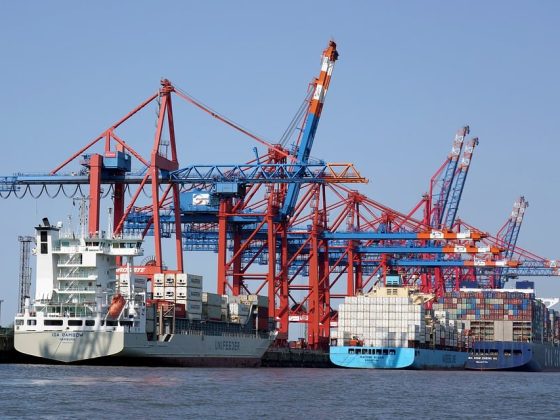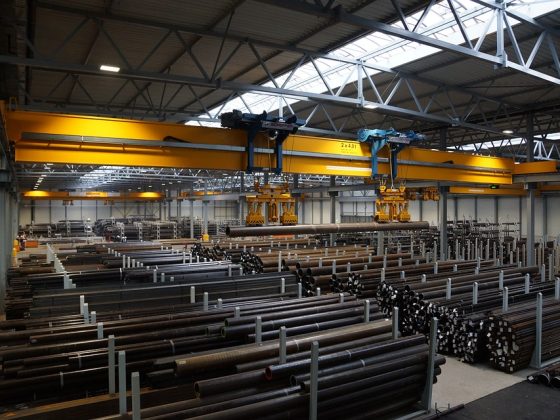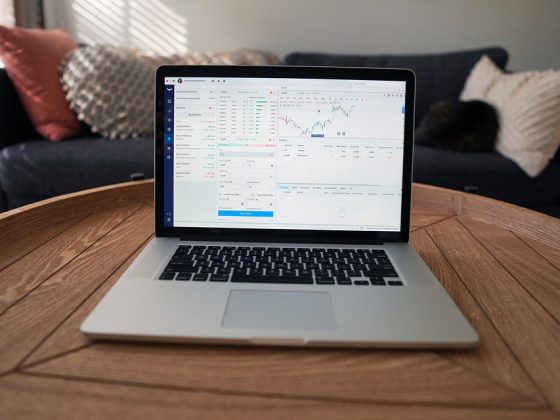Economy 101: A Beginner's Guide to Understanding the Financial Landscape
In today's fast-paced and ever-changing world, understanding the basics of economics and finance is more important than ever. Whether you're a student, a young professional, or just someone looking to improve their financial literacy, having a solid grasp of economic principles can help you make better decisions, both personally and professionally. In this beginner's guide to understanding the financial landscape, we'll cover the basics of economics, finance, and how they impact our everyday lives.
What is Economics?
At its core, economics is the study of how individuals, businesses, and governments allocate resources in order to satisfy their needs and wants. It is often referred to as the “science of scarcity” because resources such as money, time, and labor are limited, while human wants and needs are seemingly endless. Economics seeks to answer questions such as:
– How do individuals make decisions about what to buy and how much to save?
– What factors influence businesses to produce certain goods and services?
– How does government policy impact the economy?
There are two main branches of economics: microeconomics and macroeconomics. Microeconomics focuses on the behavior of individuals and firms, while macroeconomics looks at the overall performance of the economy as a whole.
What is Finance?
Finance, on the other hand, deals with the management of money and other assets. It involves making decisions about investing, saving, borrowing, and budgeting. Finance is closely related to economics, as it relies on economic principles to guide decision-making. Some key concepts in finance include:
– Investing: Putting money into assets (such as stocks, bonds, or real estate) in the hopes of earning a return.
– Saving: Setting aside money for future use, typically in a savings account or other interest-bearing account.
– Borrowing: Taking out loans or using credit cards to finance purchases or investments.
– Budgeting: Planning how to allocate income to cover expenses and save for future goals.
How Does the Economy Work?
The economy is a complex system that is influenced by a variety of factors, including consumer demand, government policy, and global trade. Here are some key concepts to help you understand how the economy works:
– Supply and Demand: The relationship between supply (the amount of goods and services available) and demand (the amount of goods and services consumers are willing to buy) determines prices and production levels.
– Inflation and Deflation: Inflation is the rise in prices over time, while deflation is the opposite – a decrease in prices. Both can have significant impacts on consumer purchasing power and the overall health of the economy.
– Gross Domestic Product (GDP): GDP measures the total value of all goods and services produced in a country over a certain period of time. It is used to gauge the strength of an economy and its growth potential.
– Unemployment: The unemployment rate measures the percentage of people in the labor force who are actively seeking work but are unable to find employment. High unemployment can signal economic distress, while low unemployment can indicate a healthy economy.
Frequently Asked Questions
1. Why is it important to understand economics and finance?
Understanding economics and finance can help you make better decisions about how to manage your money, invest in your future, and navigate the complexities of the modern economy. It can also give you insights into how government policies and global events can impact your personal finances.
2. How can I improve my financial literacy?
There are many resources available to help improve your financial literacy, including books, websites, and workshops. You can also work with a financial advisor to create a personalized financial plan that aligns with your goals and values.
3. What are some common mistakes people make with their finances?
Some common mistakes include overspending, failing to save for emergencies or retirement, taking on too much debt, and not seeking professional advice when needed. By educating yourself and being proactive about managing your finances, you can avoid these pitfalls.
4. How does the economy impact individuals and businesses differently?
The economy can have a different impact on individuals and businesses depending on various factors, such as their income level, industry, and location. For example, a recession may lead to job losses for individuals but also create opportunities for businesses to cut costs and innovate.
5. How can I stay informed about economic and financial developments?
There are many ways to stay informed about economic and financial news, including reading newspapers, watching financial news channels, and following reputable websites and blogs. You can also subscribe to newsletters or podcasts that cover these topics in-depth.
In conclusion, having a basic understanding of economics and finance is essential in today's fast-paced and interconnected world. By familiarizing yourself with key concepts and principles, you can make informed decisions about your financial future and contribute to a healthier economy for all. Whether you're a beginner or just looking to brush up on your knowledge, this guide is a great place to start on your journey to financial literacy.











